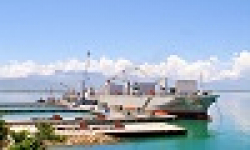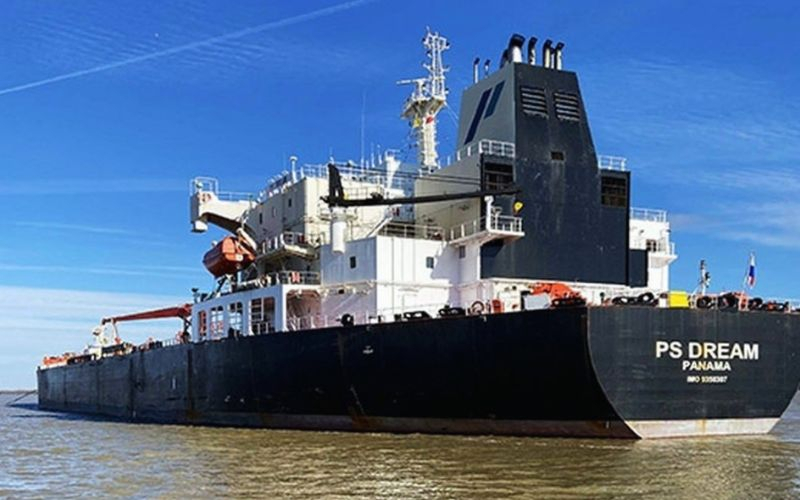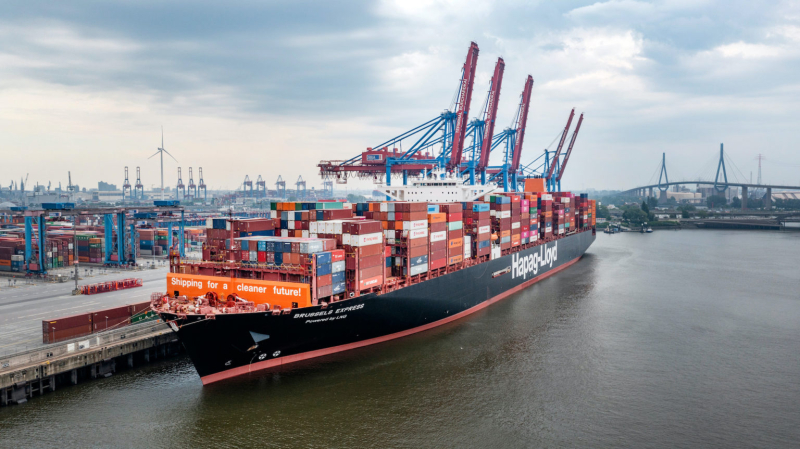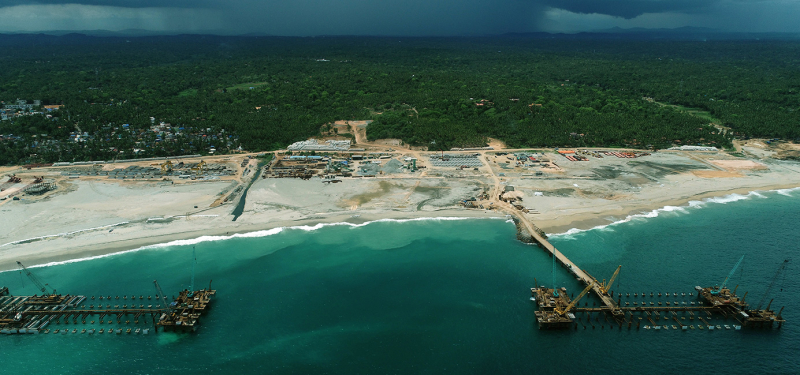The Israel-Iran conflict revealed the limits of Tehran's global partnerships in part because Moscow and Beijing have other interests in the Middle East and both can benefit from oil price changes, experts said during events held June 30 and July 1.
China and Russia have longstanding relationships with Iran, at times exchanging arms, drones, dual-use technologies and sanctions evasion techniques.
An escalation of the Israel-Iran conflict could cut both ways for Russia, Maria Snegovaya, a senior fellow with Center for Strategic and International Studies, said at a June 30 event hosted by the organization.
Renewed strikes could damage Iranian facilities that produce advanced drones for Russia, but an escalation could also increase oil prices and help fill Moscow's war coffers, she said.
"Energy revenues still constitute about 30% of Russian revenues, and we've seen earlier this year how important that is. When the oil prices go down, Russia certainly has to revise its budget," Snegovaya said.
Spot FOB Pimorsk Urals crude rose above the G7-led $60/b price cap on Russian oil for much of the Israel-Iran conflict, exceeding the cap on June 13 and staying above it until June 24. Platts, part of S&P Global Commodity Insights, assessed Urals FOB Primorsk at $56.32/b on July 1.
While Iran helped Russia when it invaded Ukraine, Russia did not rush to Iran's defense in the Israel-Iran conflict because it is stretched thin and doesn't have the capacity to assist, Snegovaya said.
Plus, Russia wants to maintain relationships with Saudi Arabia and with Israel, so it is trying to portray itself as an arbitrator without breaking its links to other Middle Eastern states, Snegovaya said.
China's stance
China does not want to see the Iranian regime collapse nor see the Strait of Hormuz close, Brian Hart, a fellow at the CSIS, said.
But some weakness would benefit Beijing, Hart said. "It may offer opportunities for Beijing to get cheap supplies of oil in the future."
China was the destination for 89% of Iran's crude exports in 2023, according to the US Energy Information Administration, while roughly half of all Chinese seaborne crude imports flowed through the Strait of Hormuz in 2024, according to S&P Global Commodity Insights shipping data. China buys Iran's sanctioned oil at a discount.
However, there is only so much strategic benefit China can get from cheaper oil, Hart said. "So, I think overall, their goal is to keep the situation overall balanced, and to keep Iran as an important player, but to keep them dependent on China to a significant extent."
Like Russia, China also has other interests in the Middle East, Hart said. "Iran isn't nearly as big of an economic player with China as some of the Gulf countries. I mean, the trade between Iran and China pales in comparison to the trade between Saudi Arabia and China."
North Korea wild card
Amid these developments, North Korea could emerge as a wild card, Victor Cha, president of the geopolitics and foreign policy department at CSIS, said during a separate July 1 CSIS event.
North Korea's growing relationship with Russia may give Pyongyang free rein to assist in rebuilding Iran's nuclear program if it so chooses, Cha said. "Putin doesn't care what North Korea does," he said, referring to Russian President Vladimir Putin.
"So, when we talk about this Russia, Iran, North Korea, China axis, one of the most concerning things to me is that there are no restrictions, formal or informal, on North Korean behavior, like there were when North Korea was in China's orbit," Cha said.
Russia and China may also use North Korea as a proxy to help Iran with missiles and air defenses, so that Moscow and Beijing can maintain a more neutral stance toward the West and Middle East, Cha said at the June 30 event.





























